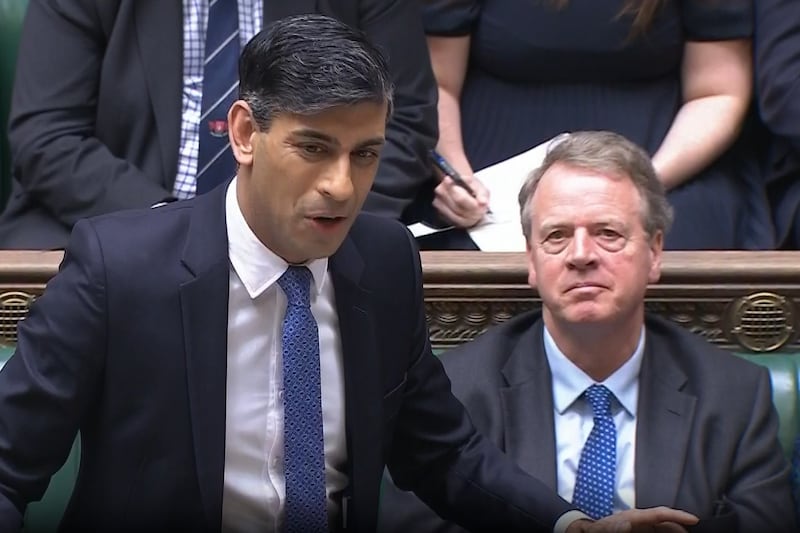MIDDLE-income earners in Northern Ireland are likely to be hardest-hit by the newly-introduced rise in national insurance.
The extra tax, which is earmarked to be spent on the NHS, health and social care in the UK, takes effect from this month.
And it will hit hardest for those in the £30,000 to £50,000 earnings bracket - of which there are more people in Northern Ireland than any other UK region.
Instead of paying national insurance contributions of 12 per cent on earnings up to £50,270, employees will now pay 13.25 per cent.
In April, May and June, employees will pay contributions on earnings above £9,880 a year, though from July the earnings threshold goes up to £12,570 a year.
For now, it means someone on £30,000 will pay £255 a year more, while someone earning £50,000 will pay £505 more.
It comes as people try to juggle surging living costs on what will be a shrunken wage packet.
The government says the tax rise could raise £39 billion over the next three years, helping to reduce NHS backlogs which have been exacerbated by the coronavirus crisis.
The extra cash raised could reduce waiting times and deliver millions more scans, tests and operations.
Angela Keery, head of tax at Belfast accountancy and advisory firm Baker Tilly Mooney Moore, said: “It may be time to look at the overall remuneration package employees receive to determine whether there is any more tax efficient way of remunerating staff to ensure they are getting the maximum benefit to assist with ever increasing costs.”
"As such, people should always consider how such benefits could impact their finances more broadly."








